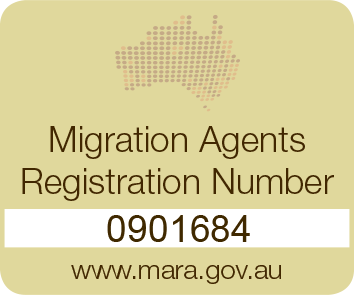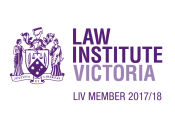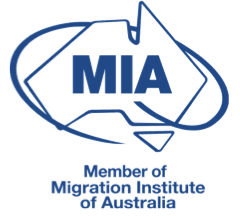Legal jargon and detailed fine prints can make the process of visa application more difficult than it should be. In the case of partner visas, this is particularly obvious due to the fine distinctions between various visas – particularly the fiancé and spouse visas. Today, we’ve put together a simple but efficient guide to the differences between the two, and which one might be best for you.
Fiancé visa
Prospective marriage: 300 visa
The subclass 300 visa is commonly referred to as the fiancé visa because it is intended for fiancés who wish to marry their prospective spouses in Australia. This visa allows you to stay, work, and study in Australia for up to nine months. You can also travel outside Australia on this visa.
To be eligible for the 300 visa, you must meet certain relationship criteria, health, and character requirements, as well as the following:
- You must intend to marry and live with your prospective spouse (within nine months of the visa being granted)
- You must have met and know your prospective spouse
- You must be at least 18 years old
- You must be sponsored by your prospective spouse
Once you have married your spouse within nine months of being granted the fiancé visa, you need to apply for an onshore spouse visa (820 visa). This must be done before the fiancé visa expires.
Spouse visas
Onshore: 820 visa
The 820 visa can only be granted to those applying from within Australia. It is often referred to as the spouse or partner visa since the applicant must be in an ongoing spousal or de facto relationship in order to be eligible.
In order to be eligible for the 820 visa, you must meet health and character requirements, as well as the following:
- You must be married or in a de facto relationship with an Australian citizen, permanent resident or an eligible citizen of New Zealand
- If married, your marriage must be recognised as valid under Australian law. This means you need to be over 18, or have proof of parental permission if you are 16 or 17
- If you’re in a de facto relationship, you must be 18 or older and be able to prove you’ve been in the relationship for at least 12 months, unless your relationship is registered under Australian State/Territory law
- Your sponsor must be your partner (unless they are under 18)
The 820 visa is temporary and lasts until a decision has been made on your permanent partner visa (the 801 visa). You can travel outside Australia on your 820 visa.
Onshore: 801 visa
The 801 visa is a permanent partner visa for those wanting to have permanent residency benefits, who are married or in a de facto relationship. Typically, applicants may apply for the 801 visa two years after they lodged their 820 visa application, although there are some exceptions to this.
Offshore: 309 visa
As the title suggests, the subclass 309 visa is offshore, meaning that the applicant must be outside Australia when applying and when the visa has been granted. The 309 visa is also commonly referred to as the spouse or partner visa, because like the 820 visa, it is for those in an ongoing de facto relationship or those who are married.
To be eligible for the 309 visa, you must meet the same criteria that are outlined for the 820 visa above.
The 309 visa is temporary. It lasts until a decision has been made on your 100 visa (which is permanent). You can also travel outside Australia on your 309 visa, however, you are not eligible to receive a bridging visa if your visa expires.
Offshore: 100 visa
The 100 visa has very similar benefits to that of the 801 visa. It is a permanent visa granted to applicants that have previously been on the 309 visa. Again, you may apply for the 100 visa two years after you have lodged your 309 visa application, although there are some exceptions to this.
Which one is right for me?
Knowing what you need from your visa is the first step in deciding which one to apply for. You can ask yourself a few questions to help discern which visa is the right one for you:
- Are you applying from within Australia or outside Australia?
- Are you looking to visit for a few months, or do you want to transition your visa into a permanent one?
- What kind of a relationship do you have (married, de facto or fiancé)?
AHWC Partner Visas can help you navigate legal terms for your visa application. Our friendly team will streamline the visa process for you, handling the application from start to finish. Our goal is customer satisfaction – so don’t hesitate to call us on 1300 887 818 (or +613 9573 5200 if you’re outside Australia).

 Points Test
Points Test
 Book Now
Book Now 


